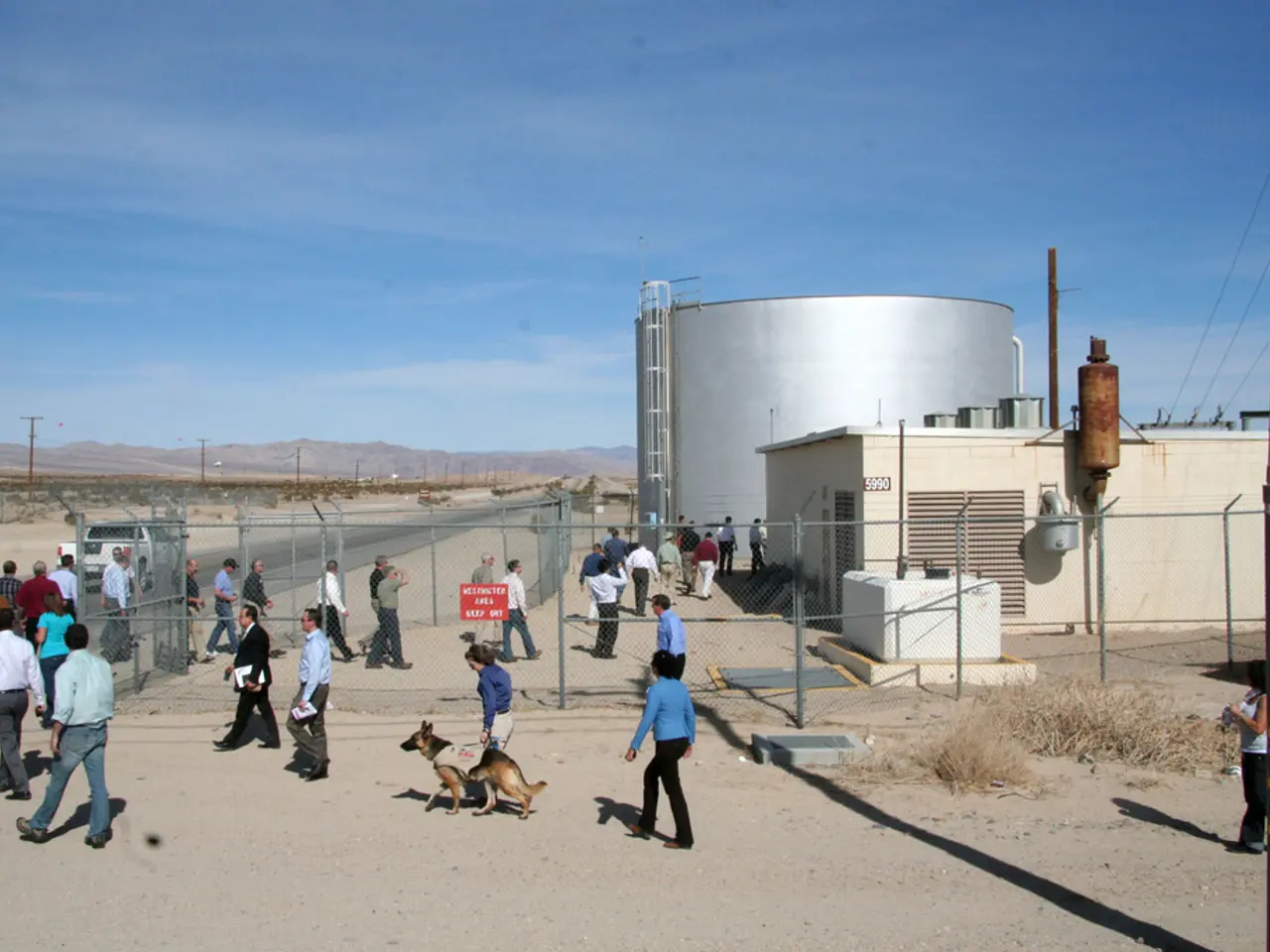"Leaving Them Behind": Iran Expels Over a Million Afghan Residents
In a move that has sparked international concern, Iran is carrying out a mass expulsion of Afghans, with nearly 1 million Afghans deported since early 2025, according to human rights sources. This large-scale forced return is intensifying Afghanistan's economic difficulties and humanitarian crisis, particularly threatening vulnerable groups facing persecution under the Taliban.
The reasons behind this expulsion are multifaceted. Iran's government, following the recent conflict with Israel, has accused many Afghan migrants of espionage and spying for Israel. Additionally, Afghan communities in Iran have long faced discrimination, with state media labeling Afghans as traitors and inciting hostility against them. Legal status and immigration policy also play a significant role, as many Afghans lack legal residency or valid documentation in Iran.
The deportations have been accompanied by reports of detention, torture, and human rights violations in Iranian centers. Many deported Afghans have faced beatings, electric shocks, forced confessions, and medical neglect. The deportations forcibly remove families, including large numbers of children, and vulnerable groups such as women and girls.
Returning Afghans face severe risks from the Taliban regime's persecution, especially women and girls, exacerbating the humanitarian crisis. Afghanistan, already grappling with decades of conflict and instability, is burdened by the sudden influx of deportees, many of whom are impoverished and traumatized. The repatriation strains Afghanistan’s limited resources, healthcare, housing, and social services, deepening economic hardship and social instability.
The humanitarian crisis is further aggravated as many deportees arrive in a country with minimal infrastructure to support them amid Taliban governance and ongoing restrictions on rights and freedoms. Struggling Afghans who have returned to Afghanistan are navigating crowded facilities and warehouses for aid. The Mosavi family, one of many returnees, is struggling to find their way in a country they barely recognize since the Taliban took control.
Afghanistan is grappling with cuts in foreign aid, and only a fifth of humanitarian needs have been funded this year. The returnees are being dumped at an overcrowded border facility in western Afghanistan. Nearly 400 healthcare centres have been shut down in recent months in Afghanistan, compounding the challenges faced by the returning Afghans.
Iran hosts around 4 million Afghans, making it the world's largest refugee population. Even legal Afghan residents in Iran are being deported without regard for their legal status. Security forces in Iran have raided workplaces and neighborhoods, stopped cars at checkpoints, and detained scores of Afghans. Iran's government has said it can no longer absorb Afghan refugees due to its own economic crisis and shortage of natural resources. Iran limits where Afghans can live and work, only allowing them in 10 of the country's 31 provinces.
Mohammad Akhundzada, a construction worker, worked for 42 years in Iran and is now waiting with his family for a bus to Kabul. Ali, a legal resident born and raised in Iran, was stopped at a checkpoint and had his residency card torn up. Fathers are queuing for hours for basic services, while mothers are changing diapers on filthy blankets amid relentless wind. Humanitarian workers are treating dehydrated returnees and distributing food rations in overcrowded facilities.
This mass expulsion of Afghans from Iran is a complex issue with far-reaching consequences. It is crucial that the international community continues to monitor the situation closely and provides necessary aid to alleviate the suffering of those affected.
The expanding political tensions between Iran and Israel, due in part to accusations of espionage and spying, have led to a surge in deportations of Afghans, many of whom have sought refuge in Iran for years. Amidst the general-news surrounding this large-scale forced return, there are growing concerns over the crime-and-justice aspects, with reports of detention, torture, and human rights violations in Iranian centers, causing immense suffering for the deported Afghans.








